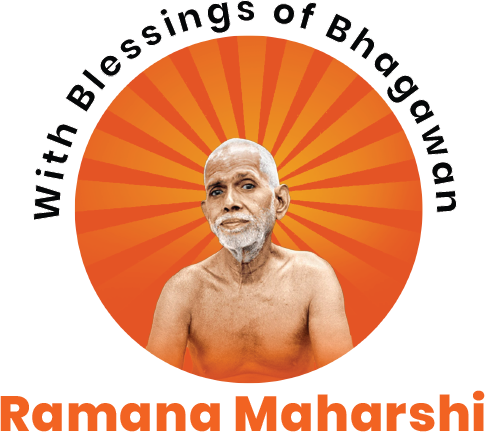Sanātana Thoughts represent the eternal wisdom of Sanātana Dharma, guiding people towards righteousness, truth, and spiritual freedom. The key ideas—Dharma, Karma, Satyam, Moksha, Atma and Brahman, Ahimsa, and Vasudhaiva Kutumbakam—are the basis of this deep philosophy.
Dharma refers to the principle of cosmic order, righteousness, and moral responsibility. It means doing the right thing at the right time with awareness, compassion, and truth.Texts like the Vedas, Upanishads, Bhagavad Gita, Ramayana, Mahabharata, and Dharmashastras (like Manusmriti) explain dharma, offering practical and spiritual advice for living a righteous life.Karma, the law of cause and effect, is closely linked to dharma. Every action—whether in thought, word, or deed—has consequences that influence one’s present and future. Acting in accordance with dharma creates positive karma, promoting spiritual development, while adharma (unrighteous actions) results in negative karma.
The Bhagavad Gita highlights the importance of performing selfless actions without attachment to results, as this aligns with dharma and leads to liberation.Satyam, or truth, is a fundamental aspect of Sanātana Dharma, going beyond simple facts to encompass living honestly and authentically.The Mahabharata demonstrates this through complex situations, such as using partial truths to avoid greater harm, showcasing the nuanced application of truth.Moksha,the ultimate goal of life is liberation — freedom from ignorance, suffering, and the cycle of birth and death.
“Know thyself and be free.”Moksha frees the soul from the endless cycle of reincarnation, where one is bound by karma (actions and their consequences).



